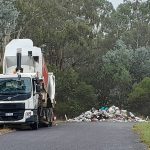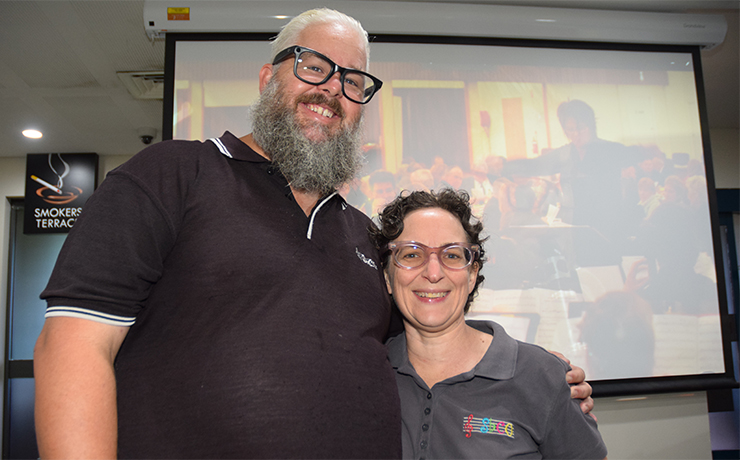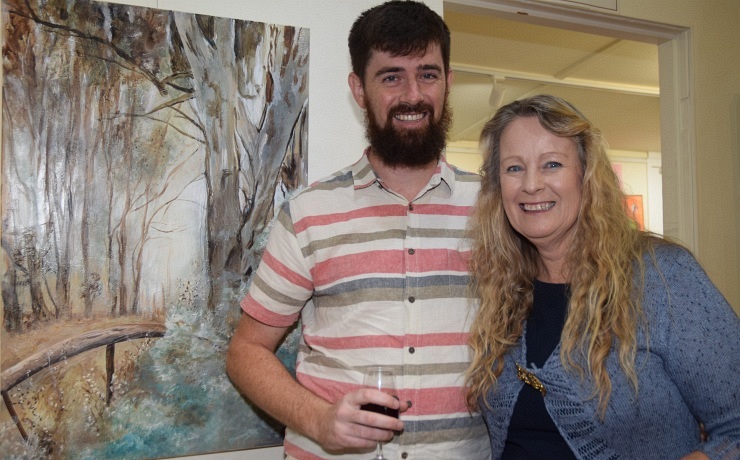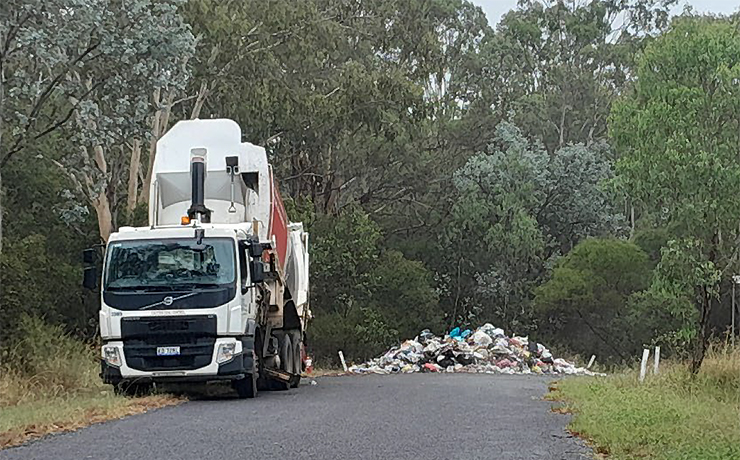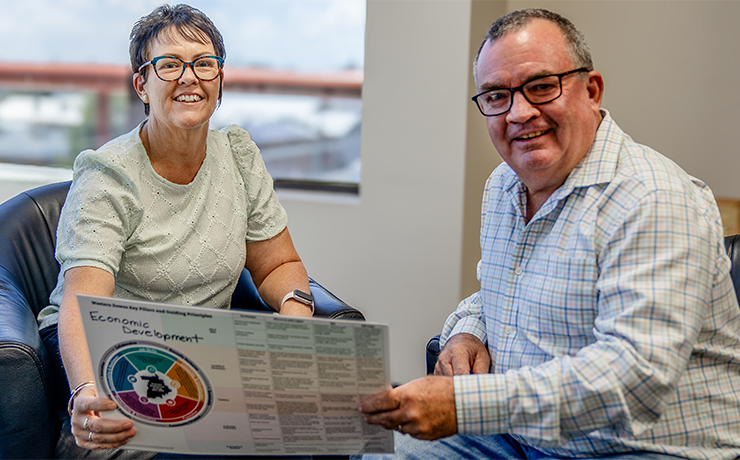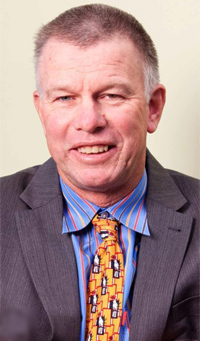
The number of irrigating farm businesses in Queensland has fallen by more than 42 per cent since 2009-10 and high electricity costs are to blame, according to the Queensland Farmers Federation (QFF).
“Irrigation electricity tariffs in Queensland have risen a minimum of 136 per cent over the past decade while CPI has increased by just 24 per cent over the same period,” Queensland Farmers Federation president Stuart Armitage said on Monday.
“A cliff looms post 2020, when these transitional irrigation tariffs will be withdrawn.
“This will result in farming businesses that are already struggling to cope with unsustainable electricity price increases being forced over the edge.”
The QFF says the cost of electricity in Queensland is having real world implications.
According to the Australian Energy Regulator, 698 small business were disconnected by Ergon Retail in regional Queensland in 2016-17, a substantial increase from the 384 disconnections recorded in 2015-16.
“In our sector, a growing number of primary producers are switching to dryland farming practices as the price of electricity has already become unsustainable,” Mr Armitage said.
“Alarmingly, the number of irrigating farm businesses in Queensland has fallen from 9337 to just 5416 in 2015-16, resulting in a substantial loss of productivity in the sector.”
Mr Armitage said many farming businesses had installed energy efficiency measures, swapped to renewable energy and, in many cases, simply reduced demand.
“Gains made from energy efficiency measures have been cancelled out by the increasing electricity costs, while simply reducing demand has also come at a cost, either through reduced productivity or farmers simply choosing not to plant a crop,” he said.
“Many farmers are now weighing up options to switch off efficient irrigation technologies, or leave the grid and take up opportunities in advancing energy technologies.”
Mr Armitage said the Queensland Government had proven that direct action could be taken to deliver immediate price relief.
“In June 2017, the government directed the state-owned Stanwell Corporation to alter its bidding strategies, delivering an average 23 per cent reduction in wholesale prices.
“Crucially, the move disproved previous claims by government that it could not influence electricity prices.”
Mr Armitage said Stanwell’s bidding strategy change was an important first step in what will need to be a marathon of reforms to restore affordability to the state’s electricity prices.
“Everyone, including those outside the sector, can see the opportunities ahead for agriculture,” he said.
“Farmers understand that this means adapting to changing markets, but these actions will be severely undermined if Australia continues to fail to leverage the comparative energy advantage we have.
“Australia has an electricity affordability problem that must be fixed.
“The Queensland Government must set prices for Queensland networks at efficient levels, remove the hidden taxes, and fast-track suitable tariffs.”









